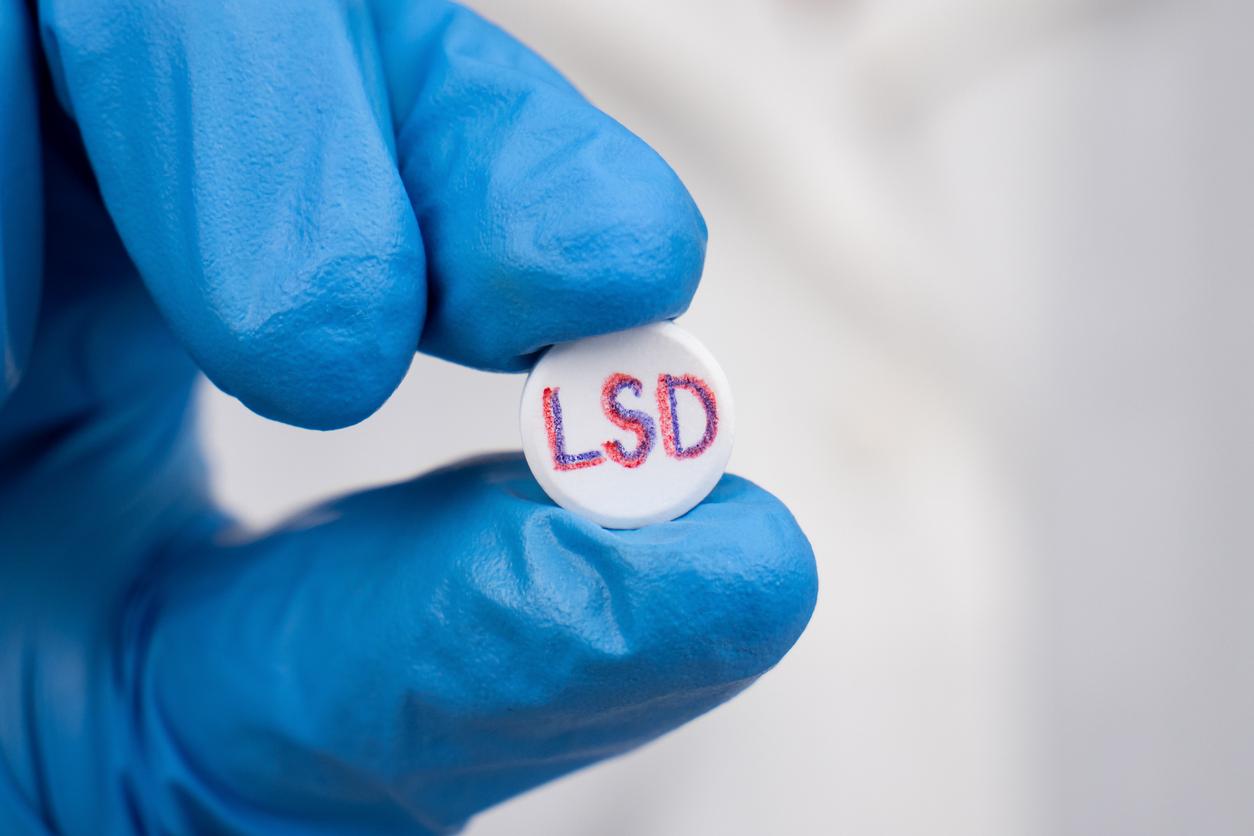The Lancet commission calls for gambling to be treated and taken seriously in the same way as alcohol and tobacco.

- According to a Lancet report, approximately 448.7 million adults worldwide face the risk of gaming disorders and 80 million adults suffer from it.
- Gambling impacts the physical and mental health of participants, but the negative effects also affect families, friends and society as a whole.
- The commission calls on governments and politicians to consider gambling as a public health problem, “in the same way as other addictive and health-damaging products, such as alcohol and tobacco.”
It is accessible 24 hours a day, 7 days a week to anyone with access to the internet. “Betting your money is not an ordinary hobby, it can lead to addiction and be harmful to your health,” reported the Lancet Public Health Commission. In a recent studypublished in the journal The Lancet Public Health, the commission took a closer look at the harms of gambling. To do this, it brought together a multidisciplinary group of leading experts in the fields of gambling research, public health, global health policy, risk control and regulatory policy, as well as only contributors who have direct experience of the negative effects of gambling. After analyzing the literature and figures, they concluded that “Gambling poses a threat to public health.”
Sports betting: 16.3% of adolescents are likely to have a gaming disorder
Specifically, a systematic review and meta-analysis conducted for the commission estimates that approximately 448.7 million adults worldwide face risks of gaming-related disorders, i.e. who present at least one behavioral symptom or negative personal, social or health consequence of gaming. Among them, approximately 80 million adults suffer from gaming disorders. The new analysis also estimates that the disorders could affect 15.8% of adults and 26.4% of adolescents who play online casino or slot machines, and 8.9% of adults and 16.3% of adolescents who play sports betting. “Online casinos and online sports betting are two of the fastest growing sectors in global gambling.”
Health, financial and social consequences
According to the commissioners, games of money and chance are “clearly” associated with financial losses and the risk of financial ruin, but they are also linked to physical and mental health problems, relationship and family breakdowns, increased risk of suicide and domestic violence, increased crime against property and people and loss of employment. The report notes that this impact is not distributed evenly across populations and that specific groups face a high risk of harm. These include children and adolescents who are regularly exposed to gambling advertising in a way unprecedented before the digital revolution. “In addition, gambling is often integrated into the architecture of video games.”

Consider gambling as a public health problem “in the same way as alcohol and tobacco”
Faced with this alarming observation, the commission calls on governments and politicians to consider gambling as a public health problem, “in the same way as other addictive and harmful products to health, such as alcohol and tobacco.” Furthermore, it states that stronger global regulatory controls are needed to reduce the impact of gambling on health and well-being. “We can only make progress through coordinated international efforts, combining global policy reform, cross-border cooperation and collective risk reduction strategies,” declared Kristiana Sistecommissioner of the University of Indonesia.

















